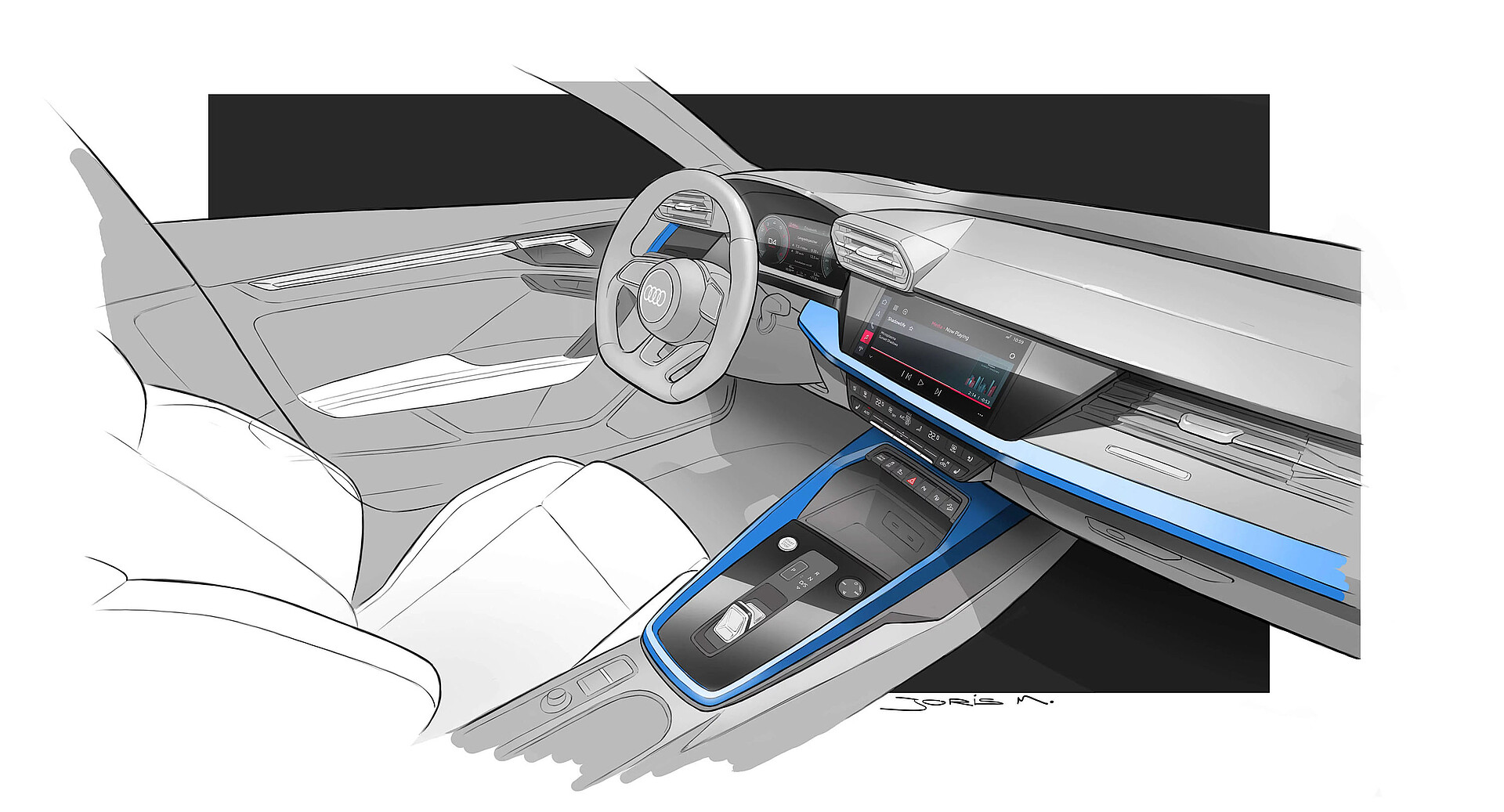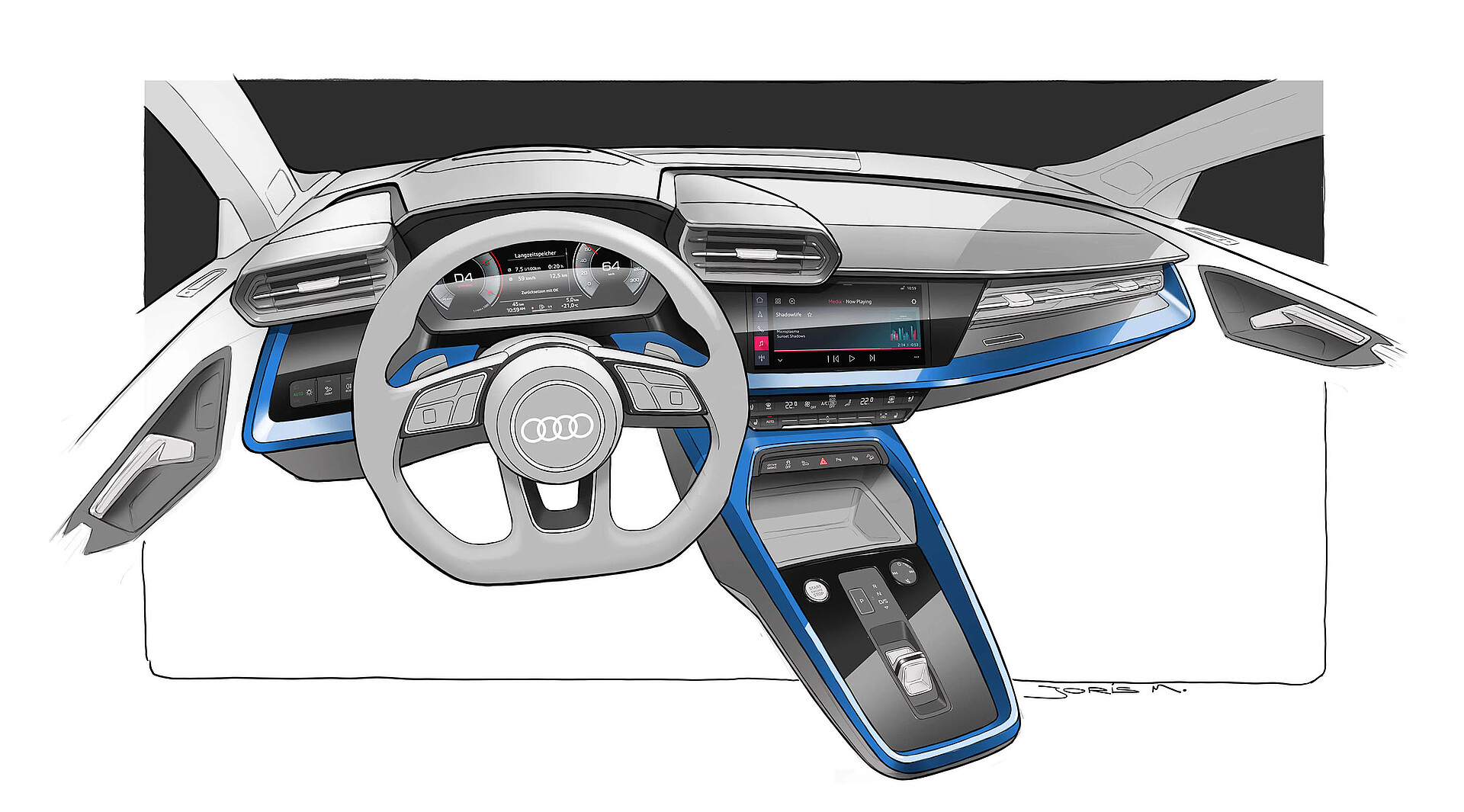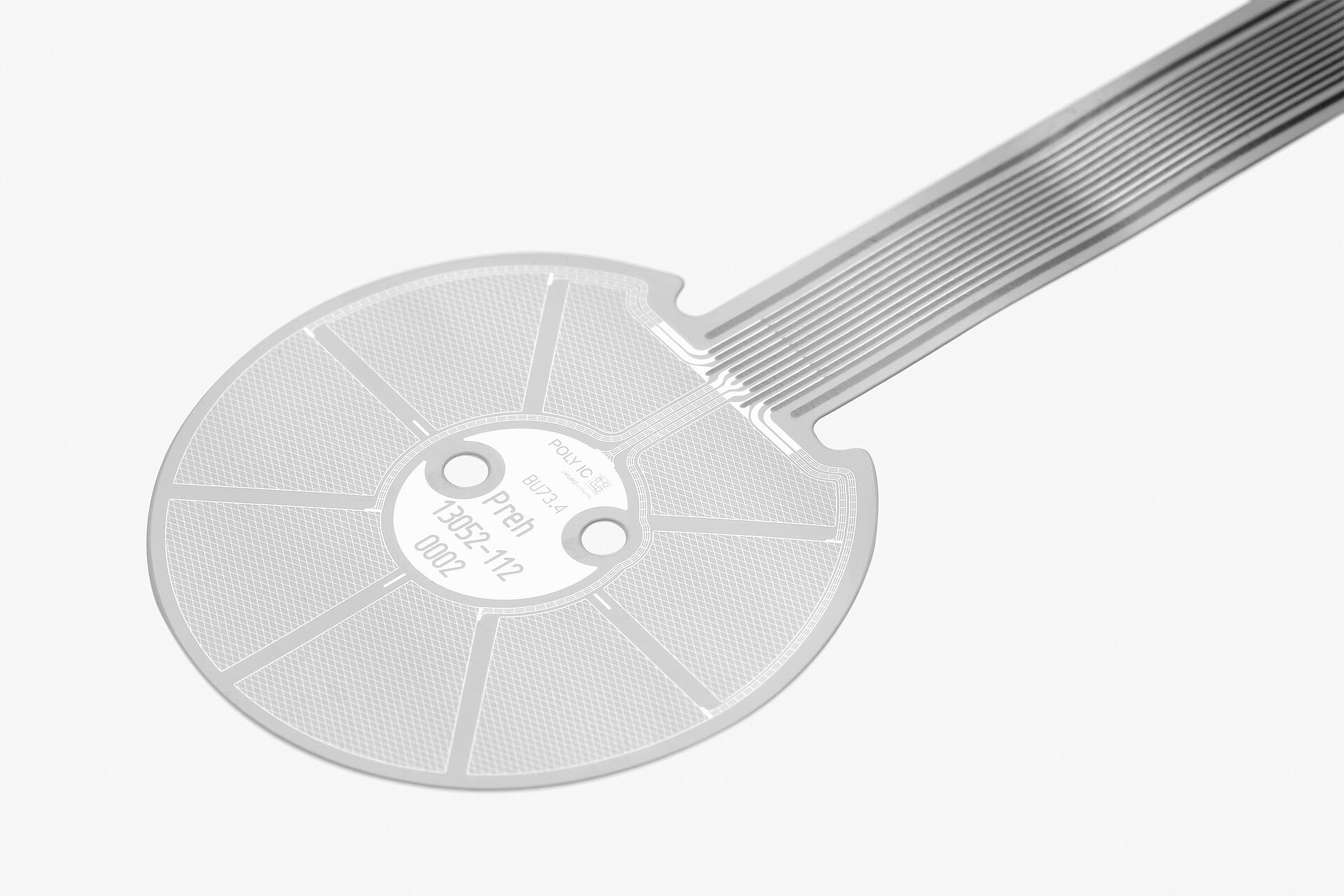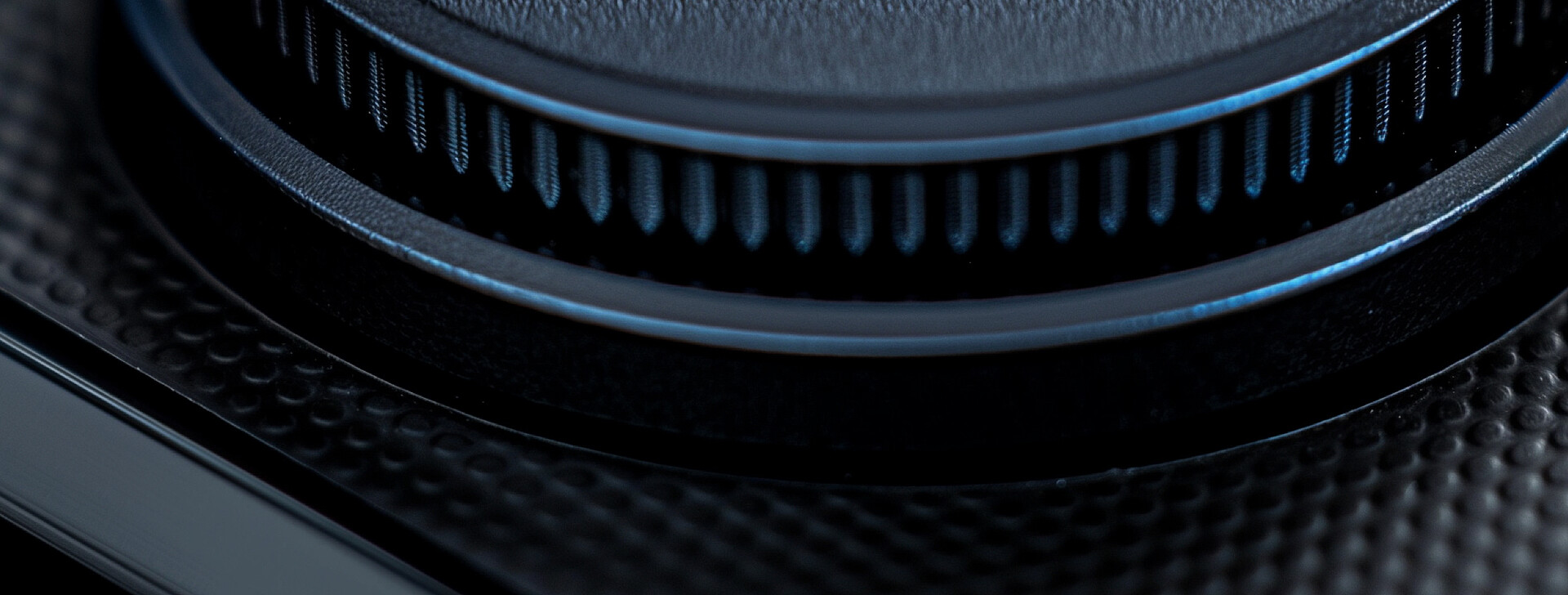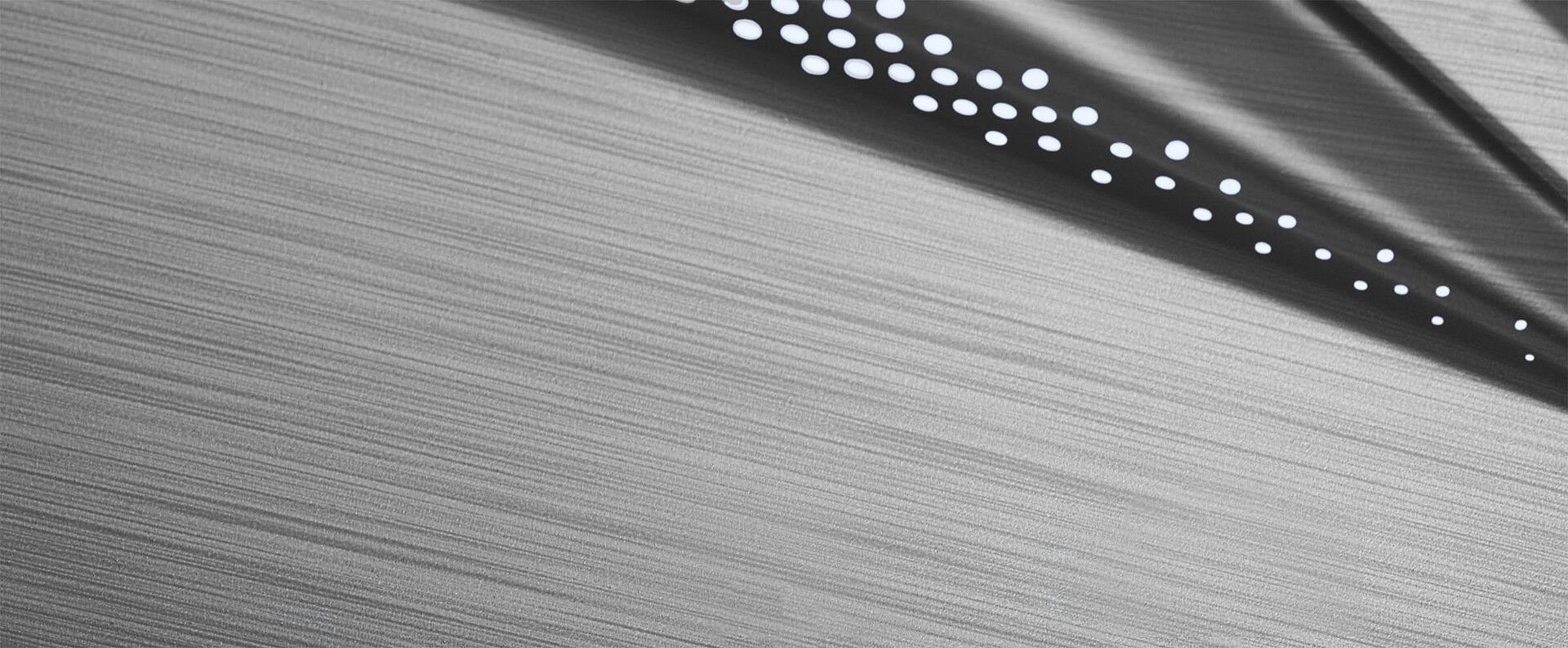The Challenge
The requirements of the automotive industry are high for both interiors and exteriors. This was also the case for the Volume control in the new Audi A3, model AU380. It was meant to not just blend into the classy, high quality design of the sedan, but also to function flawlessly. And of course, strict industry specifications had to be met. This required special sensor solutions.
Goal
For its capacitive Volume control, automotive supplier Preh sought a sensor manufacturer who met the VW standard and the standards of other premium manufacturers. Both driver and passenger were to be able to easily operate the controller, mechanically and by touch. Another requirement called for allowing a manufacturer complete freedom of design for whatever occurred to them, like backlighting, ambient lighting, and deadfront design, which does not reveal its functions until touched.
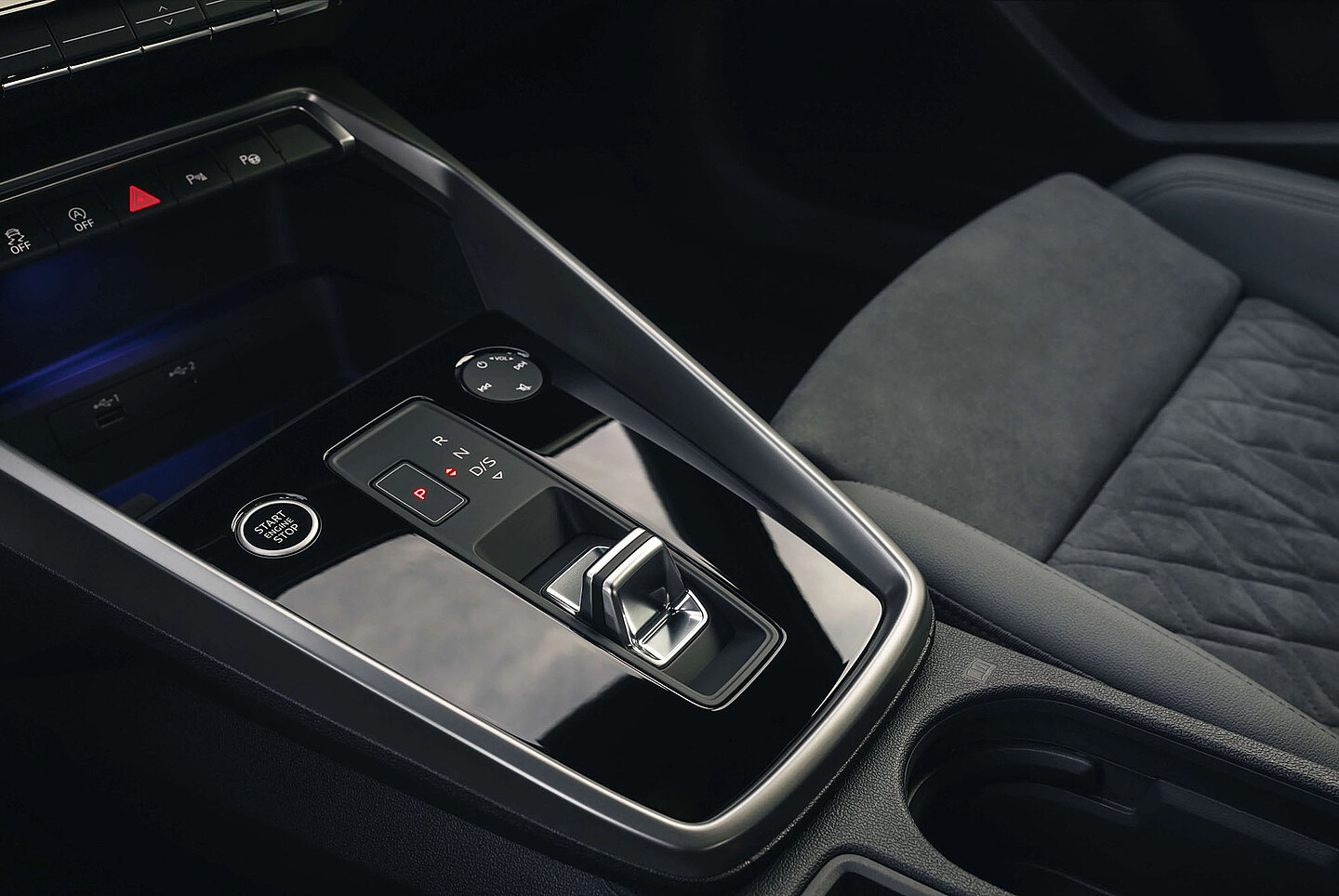
The solution
The PolyTC® sensor from KURZ subsidiary POLYIC fulfills all wishes. The sensors are laid out on a metal mesh: razor-thin silver conducting paths lie latticed on a transparent PET substrate, and another transparent PET layer seals the layout. The sensor transfer products remain highly flexible. They are manufactured in the roll-to-roll process in a single work step. Even high print runs come out quickly and reliably. And electrical connection parts can be produced right alongside. Mechanical weak points, which have a negative effect on the service life of the end product - in this case the Volume control - are omitted. Another plus is that the Indium-Tin-Oxide (ITO) normally applied is replaced by the silver microstructure. Customers benefit from higher performing products, as well as from more cost-efficient, economical and sustainable processes than conventional solutions.
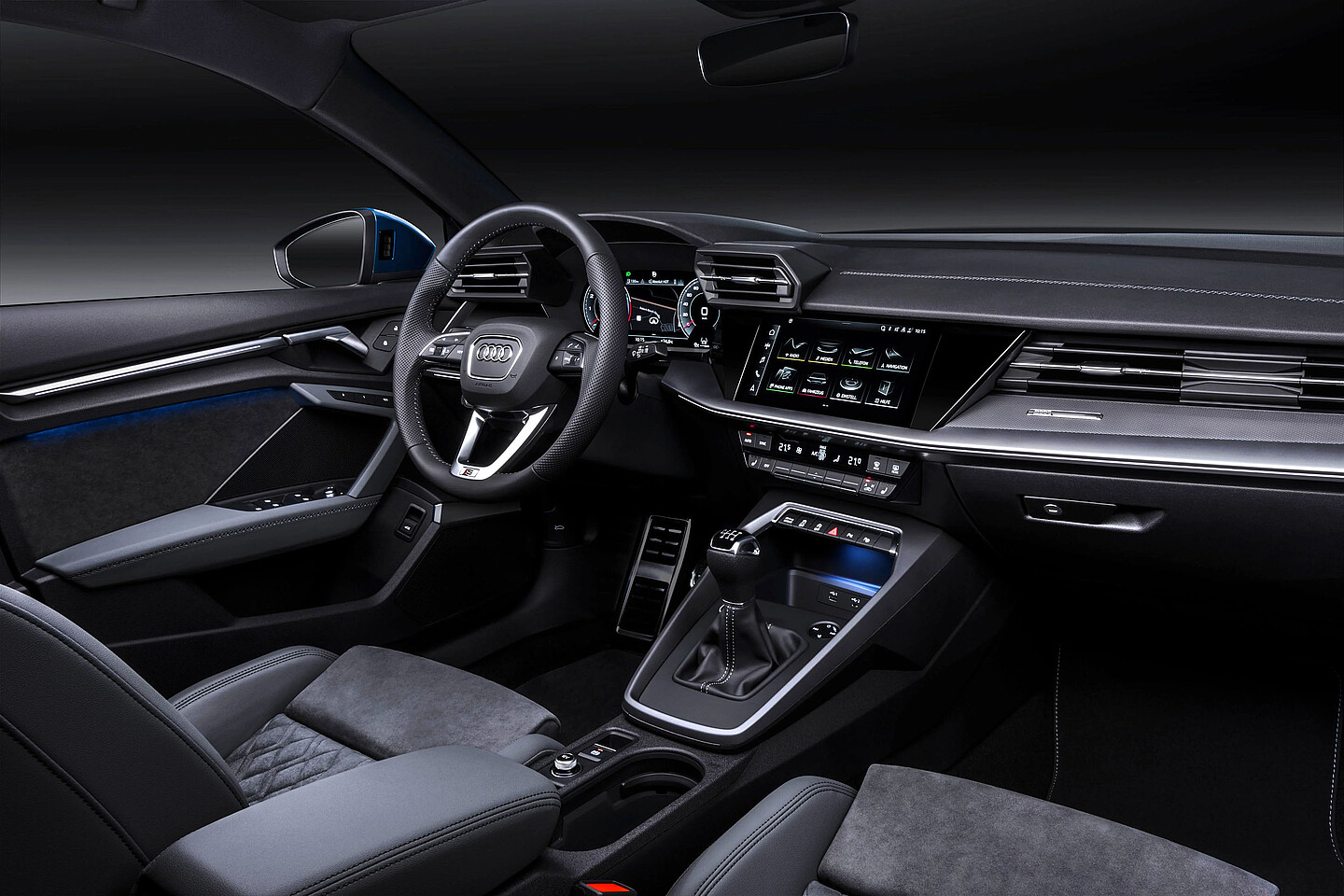
POLYIC: Supplier of durable, conductive, transparent and secure sensors
PolyTC® sensors meet the high requirements of the VW standard and other premium manufacturers. Extensive testing has borne this out, and they are eminently qualified for automobile mass production. The five advantages of sensors from KURZ subsidiary POLYIC:
- Durability. The electrical connection piece (tail) is produced alongside the Volume control. This means there is no seam between sensor and tail, which contributes to greater stability and service life of the controlle.
- Conductivity. The highly conductive silver metal mesh structure ensures that the sensors remain touch-active, even through thick materials
- Flexibility. The special structure of layers and the conductive structures make sensors very flexible, so they smoothly adapt to curved geometries as well
- Transparency. The substrate material and the metal mesh structure are selected to meet the customer's specific appearance requirements
- Safety. ESD (Electronic Static Discharge) requirements can be set to customer specifications using particular structures of layers
Why KURZ is the right technology partner
- KURZ continuously develops its solutions
- The PolyTC® sensors are made in Germany
- PolyTC® sensors facilitate transparent or semi-transparent (translucent) touch applications
- Roll-to-roll manufacture facilitates the production of higher runs in consistently high quality
- Even small runs can be realized at the price advantage of large runs
Conclusion
PolyTC® sensors have proven themselves in many applications. Their metal mesh structure and transparent substrate material makes them suitable for complex geometries as well. Long service life, proper function, and good looks make these touch sensors the go-to choice for automobile mass production.

